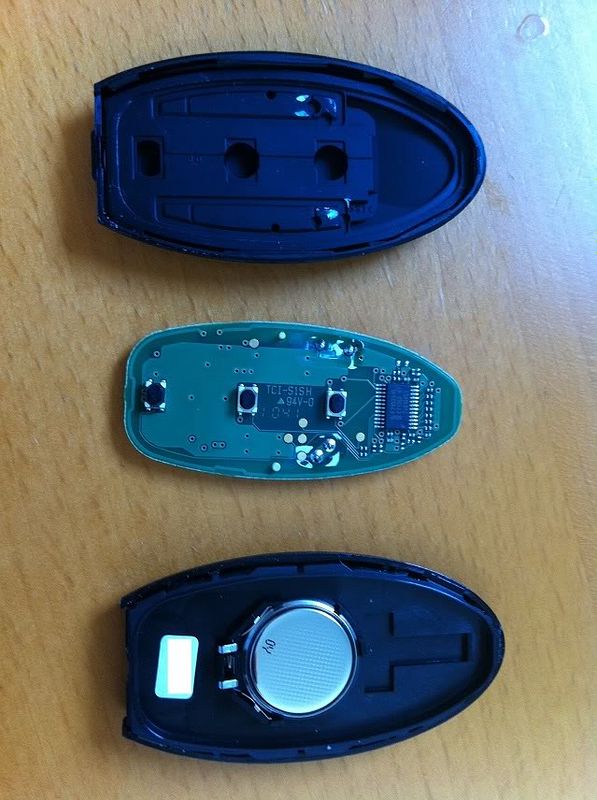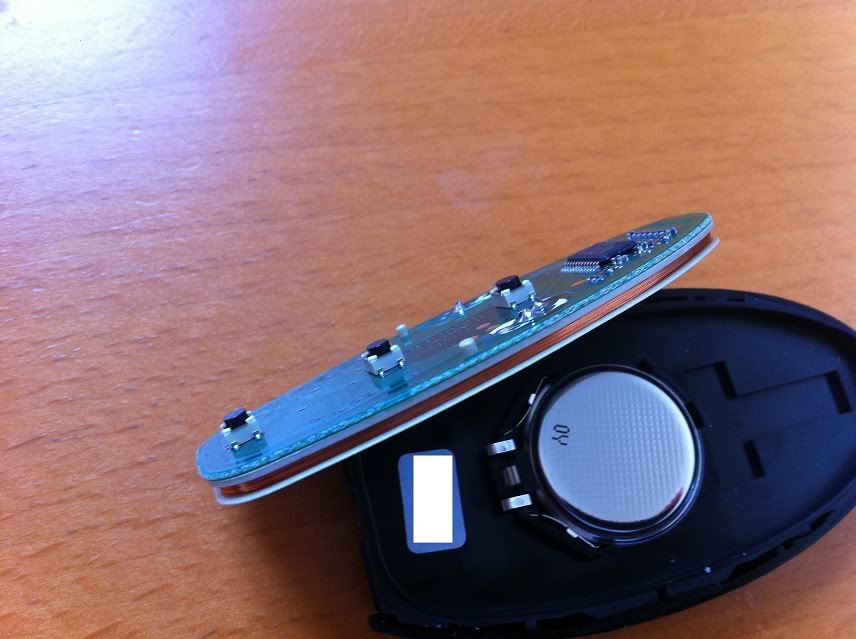marccbr
Well-known member
I left my key FOB in my shorts pocket and the wife threw them in the washer. :shock: I was already calculating how much it would cost to purchase another. I am happy to report that I went out to the car and tested it out by locking and unlocking the doors and even turning on the car and it worked. These FOBs must be water tight or something. Don't know but I am a very happy person.





